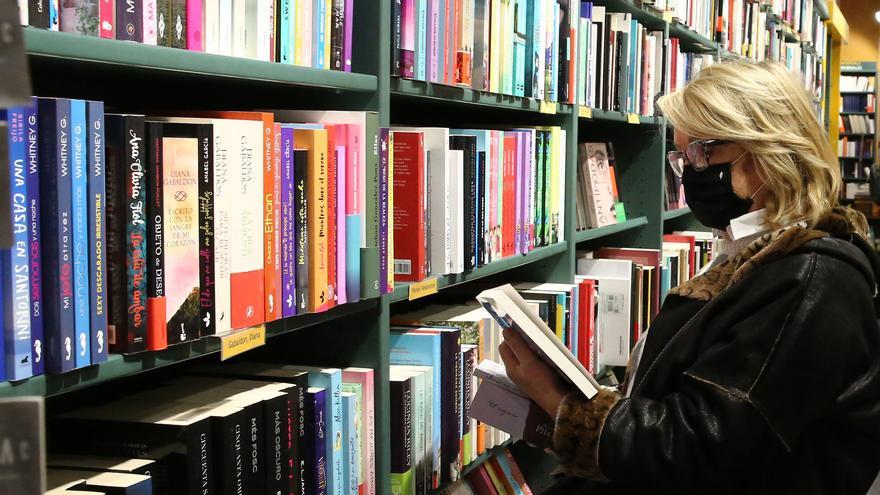How is a seller of second hand books? Perhaps the image that immediately comes to mind is that of a man, old as the merchandise he sells, disheveled, dressed in old-fashioned clothing (perhaps a ‘tweed’?), clueless, owner of a cat, ignorant of the news of the world, curmudgeon, strange, myopic, sullen, always stuck in the dusty cave that is his bookstore and disdainfully cultured. There are booksellers like that, no doubt. There are old, curmudgeons and, above all, there are those with cats. Cats get along well with bookstores, here in New York or in Beijing. Although there are those who shy away from the topic. Women – young and not – in love with their work, collectors of ‘beat’ literature or in publications about hip-hop, book trackers who are also rock guitarists…. Those of us who usually spend hours among old, antique, rare books know it or, as the owners of the Palinuro bookstore in Medellín like to say, read. Confirms it the documentary ‘New York Booksellers’, managed D. W. Young, newcomer to the billboard. It is a taxonomy of the booksellers of the world, a wonderful analysis of a sector of rare and for rare and a song of double love: to the book as an insurmountable object and to New York City as one of the best places to browse bookstores.
It was not always like this. In a magnificent article entitled ‘The Bookstores of New York 1743-1948’ the historian Edwin D. Hoffman tells the sad impressions of an English traveler from the beginning of the 18th when he saw that there was only one bookstore in the city, and that it only sold almanacs and school books. A woman, Catherine Zenger, He tried to turn things around in 1743, although he continued to sell even more almanacs than books. The usual during colonial times, when one could buy goose feathers, mustard, compasses, theater tickets and even “Spanish snuff” in bookstores. Until in 1804 the bookseller Samuel Wood opened in Pearl Street the first of the many bookstores that made the place a must for book addicts throughout the 19th century.
From then is the difference between old book sellers and rare book sellers. The former were addressed to the general public, the compulsive consumer of novels. The others sold to bibliophiles and were prestigious, always men dealing with men. There are several examples of them in Young’s work. Starting by A. S. W. Rosenbach, a legend of the 50s of the twentieth century, and not only because of the astronomical figures that he handled. Others are due to other causes, such as Leona Rostenberg Y Madeleine Star, The only women in this jungle of men, who traveled through Europe in search of bibliographic jewels and returned loaded with “things that nobody knew that still existed.” They were partners for 60 years and today they are claimed as true pioneers.
It may interest you
Clients are no less rare. There are those who collect editions of the same book; those who build buildings to house their collection or – an Iberian case, referred to by a bookseller friend – those who need to fill “three meters of shelves, with books that are not worth less than three thousand euros each.” Or the case of the disappeared politician Carter Burden, who spent a million and a half dollars to reinforce the structure of his apartment to support the weight of the thirty thousand volumes of his library (today integrated into the Morgan Library).
And the future? What’s up with this pachydermic business in a tech world? There are pessimistic – older – booksellers who mourn the rise of e-books bitterly and wonder what they are going to sell in a few years. Others rejoice: “That will make the books weird. I sell rare books. Great times are coming. It is said by a very well-coordinated man, with a silk handkerchief peeking out of the upper pocket of his jacket and a greasy mustache. Is also the young sap. A smiling bookseller in her early 30s comments: “When veterans come up and ask me how I’m going to manage in the next few years, I answer: Well, I have a lot of ideas!” How wonderful, because I – and many like me -, refractory to pessimism in any field, we are looking forward to meeting them.
– .

